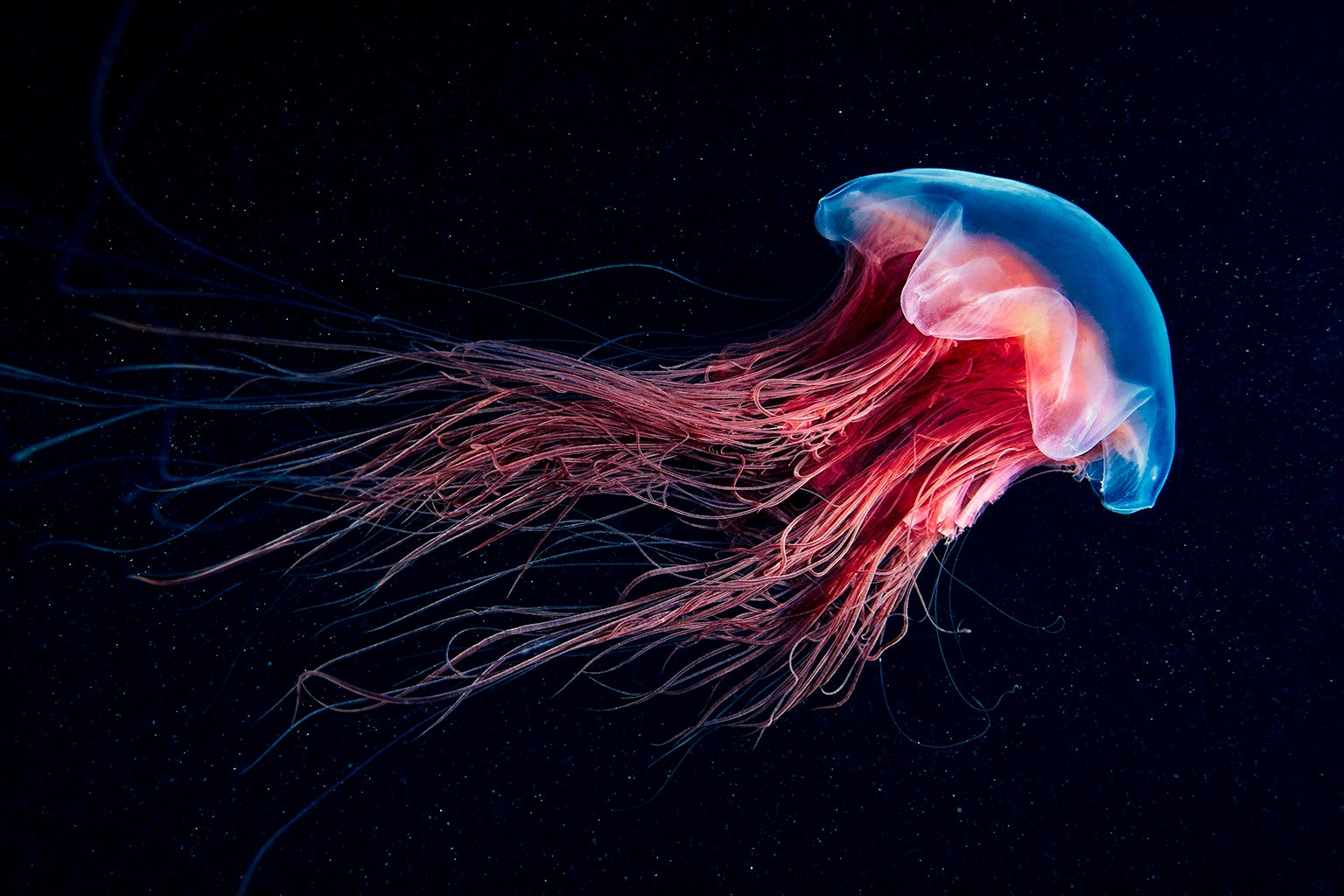
The title of my post is certainly a bit misleading, of course climate change isn’t good but it’s interesting to take a look at the other side of the argument. Our biosphere and the ecosystems that our species’ are built upon are extremely unstable, any slight movement or change can cause the whole balancing act of life to fall and crash. This is why climate change is such an issue, because for a human three extra celsius doesn’t seem too bad, but when you factor in microbial life, weather, and so many other factors it becomes a big deal.
While most of life and wills suffer from the effects of climate change, taking a look at what will benefit shows us how important the conditions of a climate are for certain species. Jellyfish are a prime example of this. Jellyfish actually thrive in warmer water and have seen population explosions in regions that are experiencing temperature growth. Jellyfish are actually a plankton, and are made up of million of tiny organisms that form what we know as a jellyfish. Thus, what we know about bacteria and plankton reign true as well, warmer conditions typically lead to better conditions for growth.

Another species that will benefit from climate change is the Bark Beetle. This insect borrows into trees and eat them from the inside, distributing larvae and waste throughout its roots and trunk. Bark Beetles are usually kept in check by frigid winter which kill any beetles unfortunate enough to not find a tree to call home. This natural population control maintains the population to a low level and thus their impact is subdued. However as temperatures rise, winters will become shorter and less intense which means the beetle population will rise. Great news for the beetle, bad news for the trees that host these parasites.
Along with these species, many other aquatic species will benefit. Nurse sharks, starfish, and some smaller fish will experience populations booms in regions where they are experiencing major declines in population.
Understanding these differences in species can help us better understand the intricate balance of our climate and how little variation in temperature can impact the world. While these are just a few examples, many more exist and whose futures are dependent upon whether climate change occurs or not which is weird to think about. I think the best course of action for humans is to pursue a zero change policy where we attempt to minimize our impacts on the planet. Whether we like it or not, some species simply can’t survive forever and by trying ti play god and help every species, we may end up harming the majority of the planet. Putting an end to carbon emission and minimizing our impact is the best solution for this climate issue, and saves the vast majority of species from extinction. Humans are expected to weather whatever storms climate change may bring, but whatever is left after may not be worth living in. While we can have the technology and time to make a change, let’s change our ways and put an end to climate change.
